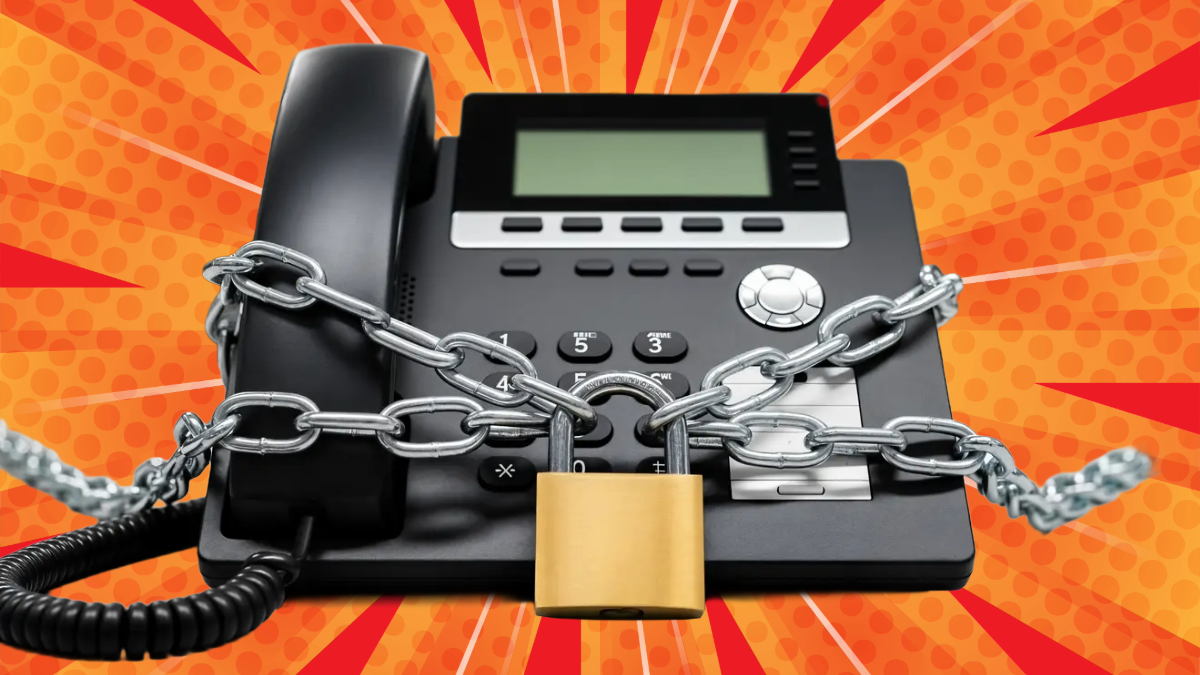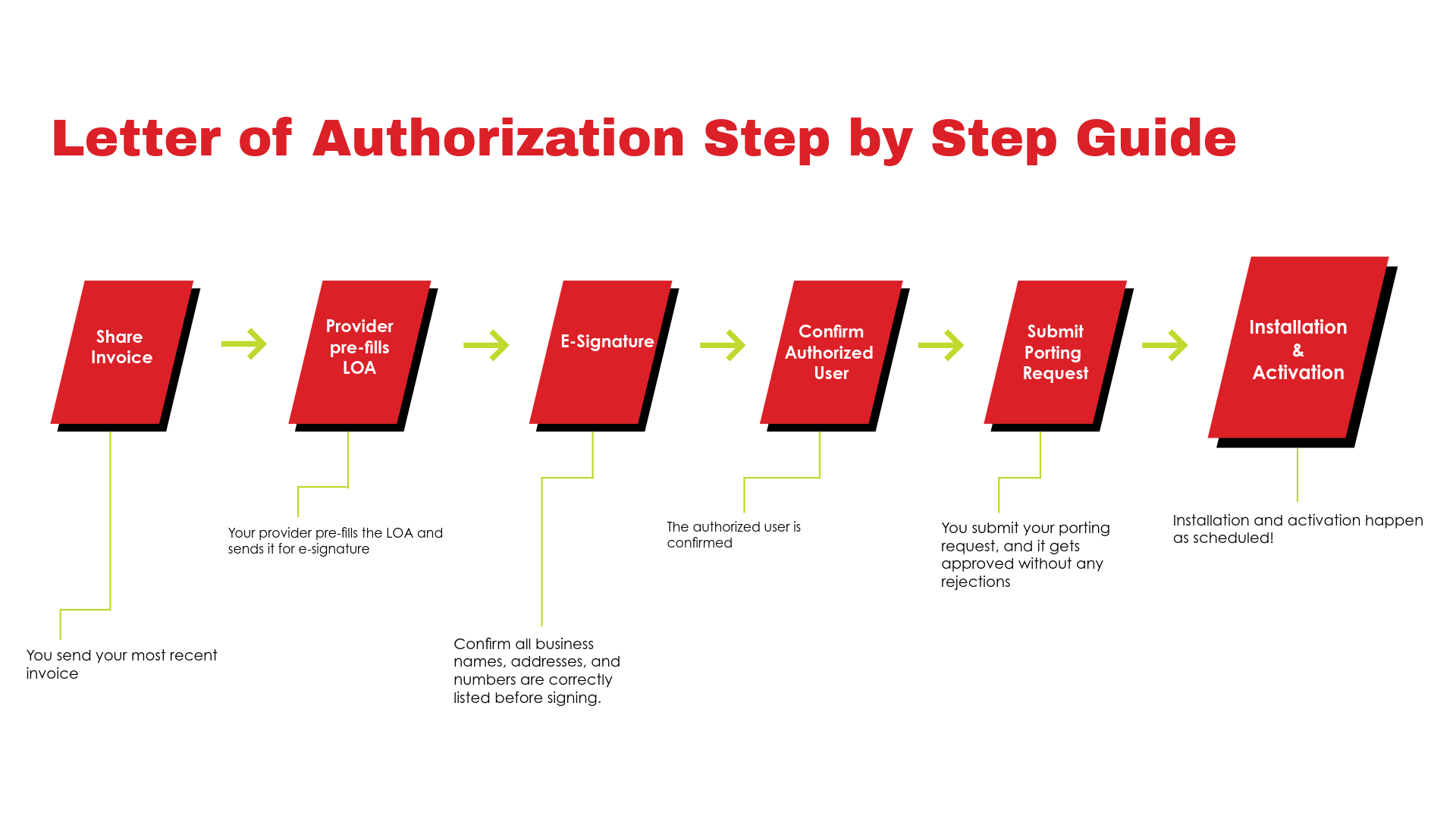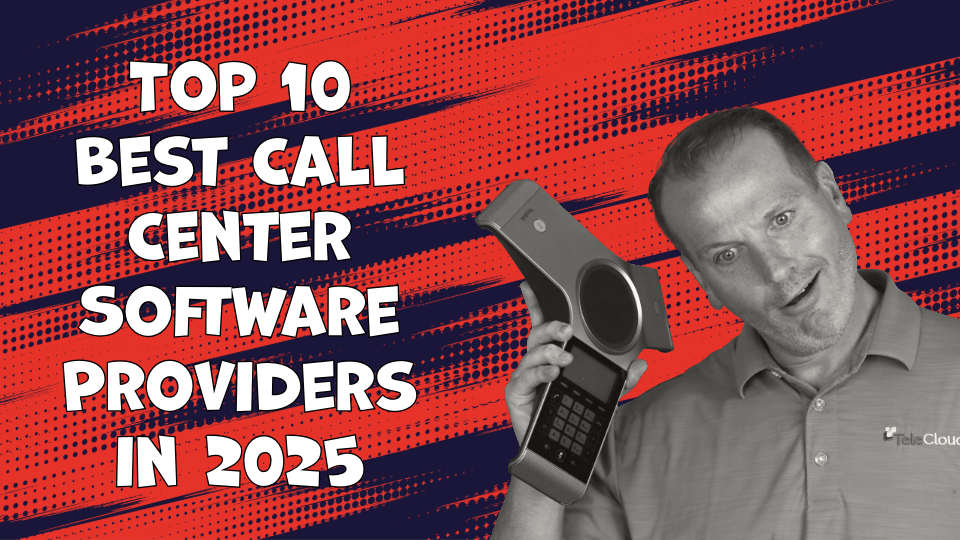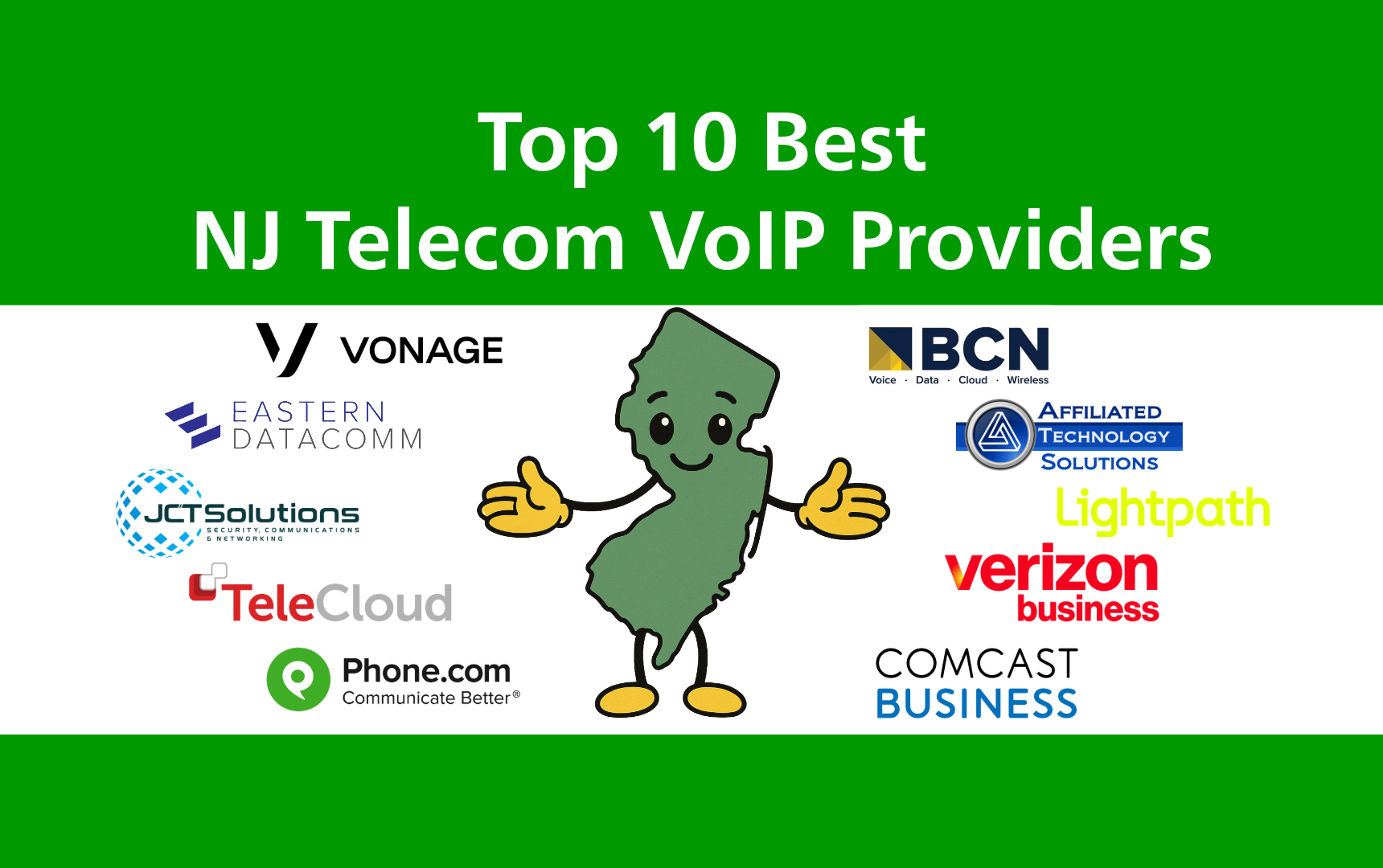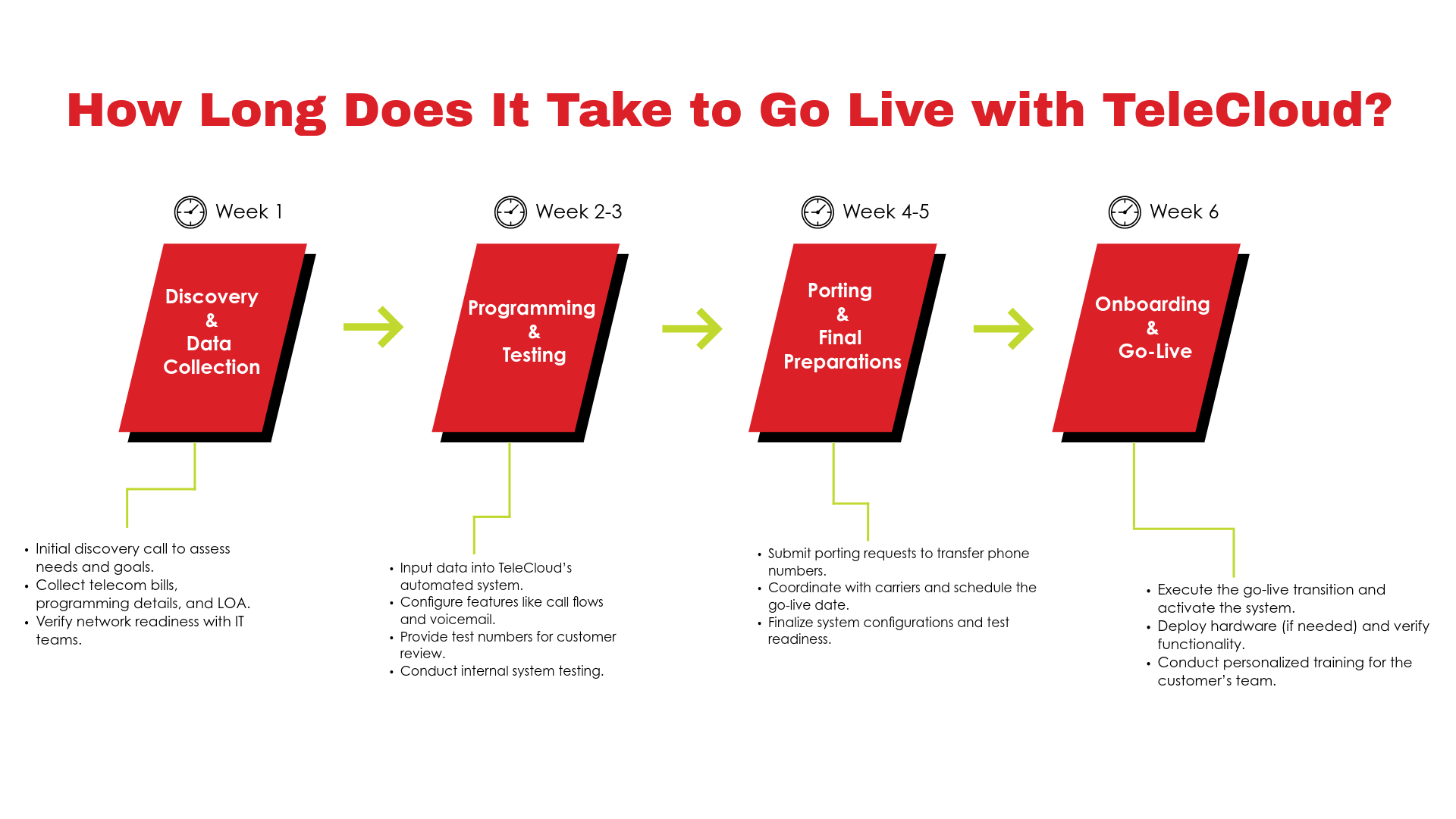What Are the Biggest Problems with Verizon Business OneTalk?
September 16th, 2025
5 min read
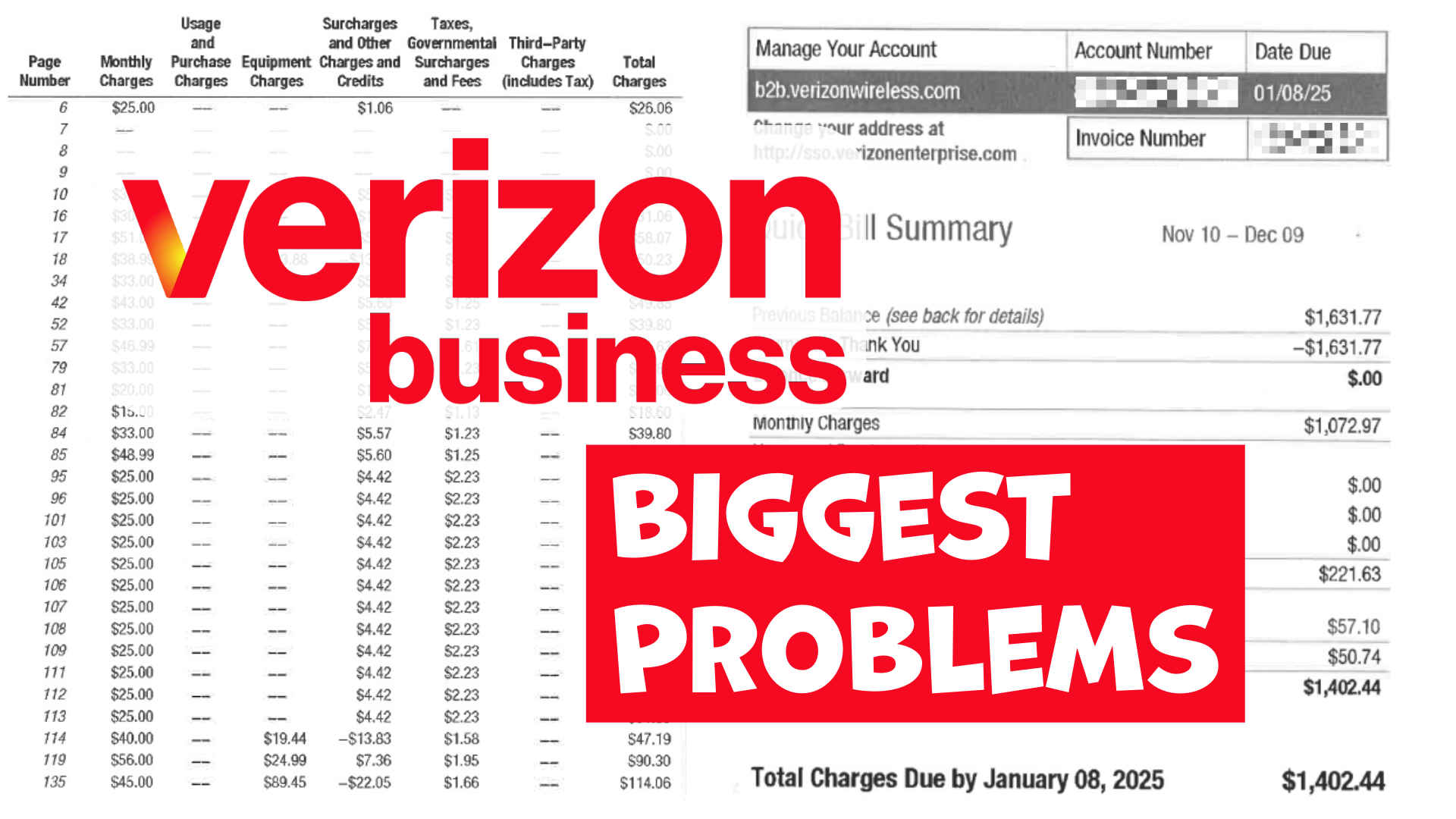
Short answer: Verizon Business OneTalk appeals at first because Verizon is everywhere, has strong brand awareness, and makes it simple to bundle services on one bill. For small businesses with 5 to 50 people, this can look attractive. But unlike a single cell phone plan, a business VoIP system is more complex, involving call routing, multiple numbers, and staff usage. After switching, many businesses report frustration with weak onboarding, poor support, and a below-average phone portal compared to mature VoIP providers.
It’s easy to see why OneTalk draws interest. Verizon’s brand is trusted, the wireless network is everywhere, and the promise of convenience through bundled billing feels straightforward. On paper, it sounds like a win.
The reality, however, often proves different. Over the past few years, we’ve worked with a baker's dozen of companies that switched to OneTalk, only to switch again soon after because of service frustrations.
In this article, drawing on our direct experience helping these businesses migrate away from OneTalk, we’ll share the biggest problems businesses report, who OneTalk works for, and who it doesn’t.
What Is Verizon Business OneTalk and Why Do Businesses Choose It?
Verizon Business OneTalk is Verizon’s attempt to bring VoIP and UCaaS (Unified Communications as a Service) to small businesses. It’s marketed as a way to get all your wireless and phone services under one bill.
Here’s why so many businesses initially buy into it:
- Cross-sell convenience – If you already have 10, 20, or more Verizon wireless lines, your rep can easily add OneTalk to your account.
- Bundled billing – Instead of separate providers, all your communications show up on one invoice.
- Brand Awareness– Verizon is a household name in wireless and internet, which makes many small businesses assume their phone system technology will be just as strong.
In theory, this all sounds practical. In reality, supporting a business phone system requires a very different skillset than supporting wireless lines. And that’s where the frustrations begin.
What Are the Biggest Complaints About Verizon Business OneTalk?
1. Weak Onboarding and Training
The most common complaint we hear is that onboarding with OneTalk is rushed and incomplete. Customers often report that:
- Phones get dropped off with little to no setup guidance.
- Verizon uses Yealink WiFi Phones only & WiFI is not always reliable
- There’s no easy way to get support after the install and there is no account manager dedicated to you
- Owners and staff don’t know how to use the useful VoIP Tools often like mobile apps, Call portals, or any administrative options
This lack of training leaves many businesses frustrated from the start.
2. Poor Ongoing Support and Account Management
Unlike wireless service, a business phone system needs active management. You may need to:
- Change call flows when new employees join.
- Updated auto attendant scripts and recordings
- Administrative changes to the Users that get hired or leave the organization
- Advanced call recording or call analytics is often overlooked.
With Verizon Business OneTalk, customers say they feel annoyed after setup. Support is routed through the general Verizon wireless support team, who often aren’t equipped to handle UCaaS-level issues. The result: long delays, unanswered questions, and no dedicated account management.
3. WiFi-Only Phone Deployments Can Create Reliability Issues
OneTalk deployments often use Yealink WiFi-only Phone hardware to speed up installation. Instead of installing switches or running cabling, Verizon ships out Yealink phones that connect wirelessly.
That may sound convenient, and it can be at times, but it introduces problems in certain environments:
- Concrete buildings or large offices with weak WiFi coverage.
- Call quality issues when multiple phones compete for bandwidth.
- Limited scalability for businesses that grow beyond a handful of users.
- Running business phones over an old network can cause issues
In short, what’s fast for Verizon’s deployment team often creates headaches for business owners later.
4. Limited Features Compared to True UCaaS Platforms
To be fair, OneTalk does “work” and provides some standard VoIP features such as business calling, voicemail, and standard phone system features on the hardware. These can be sufficient for very basic end users and teams that don't want strong software capabilities.
However, most modern UCaaS systems now come with advanced tools that focus on improving customer experience. Businesses expect features like:
- AI tools
- Call logs and detailed reporting.
- Call recording and analytics.
- Mobile and web apps that work easily
- CRM or Teams integrations.
With OneTalk, many customers don’t even know how to access the features that are available. And compared to other platforms, the functionality is limited. What sounds like a modern system ends up feeling basic.
5. No Real Cost Savings
One of the biggest surprises for businesses is that Verizon Business OneTalk isn’t any cheaper than other providers. In the image below, each line item is a user, and the bill summary is the corresponding monthly charge.
Here’s what customers often find on their bills:
- $25 per user listed as the seat cost.
- Additional surcharges and fees push it closer to $32 per user.
When you add it up, there’s little to no savings compared to other VoIP providers who deliver stronger service and support. The bundled billing may feel convenient, but it doesn’t actually reduce your spend.
Which Businesses Are Most Affected by OneTalk’s Limitations?
In our experience, Verizon Business OneTalk is most commonly used by small businesses with 5–50 phones. Larger organizations usually avoid OneTalk because it does not scale well to larger organizations.
For smaller businesses, though, the sales message of “just put it on your current Verizon bill” is tempting. Unfortunately, they’re also the ones who feel the pain most because they rely on their phone system for daily customer interactions, and don’t have in-house IT to pick up the slack.
Why Do So Many Businesses End Up Switching Away from OneTalk?
The story is often the same:
- A business signs up for OneTalk because it sounds simple.
- They struggle with setup, support, or reliability.
- They get frustrated and eventually switch again to another VoIP provider.
That means going through two migrations instead of one, which is costly and disruptive. What seemed like an easy choice ends up creating extra work.
When Should You Avoid Verizon Business OneTalk?
OneTalk does work for some businesses. If you just need a handful of basic phone lines with minimal use, you may not run into major problems.
But if your business depends on:
- 100% reliability Phones connected to a Local Network with cabling
- Software Tools
- You want a hands on approach and your staff to be trained
- Fast and Easy support…
Then OneTalk is unlikely to meet your needs.
The bottom line: Verizon Business OneTalk is a strong sales pitch, but it rarely delivers the reliability or support that growing businesses require.
Is Verizon Business OneTalk the Right Choice for Your Business?
Verizon Business OneTalk offers clear strengths: a trusted brand, the ability to bundle services, and quick deployment. For some very small businesses, those benefits may be enough. But when reliability, advanced features, and responsive support matter, its weaknesses often overshadow the appeal.
The key insight is that problems usually appear after installation, when your team relies on the system most. Weak onboarding, poor training, and WiFi-based deployments often leave businesses frustrated and looking for alternatives.
If you’re weighing OneTalk or already dealing with its shortcomings, the smartest move is to explore your options now. Having the right VoIP platform from the start avoids the wasted time and disruption of switching twice.
At TeleCloud, we’ve guided dozens of businesses away from OneTalk and into systems that truly support growth and customer experience. Even when TeleCloud isn’t the right fit, we offer a technology advisory service to help guide you toward the solution that best matches your business needs. We’ll walk you through the process step by step so you can make a confident choice.
Ready to explore better options? Schedule a consultation with a TeleCloud expert today and see how intelligent communications can work for your business.
FAQs About Verizon Business OneTalk
Is Verizon Business OneTalk good for small businesses?
It will work for very small setups that have very basic calling needs and the phones are not critical
Does Verizon Business OneTalk save money?
Not really. Seat costs average $25–$32 per user, which is similar to or more expensive than other VoIP providers.
Why do businesses leave Verizon OneTalk?
Most leave due to poor onboarding, service frustrations and no dedicated rep or team to talk to
What are the best alternatives to Verizon Business OneTalk?
Modern UCaaS providers that offer wired reliability, mobile integrations, and dedicated support.
vin@telecloud.net OR call/text 908-378-1218
Topics:

